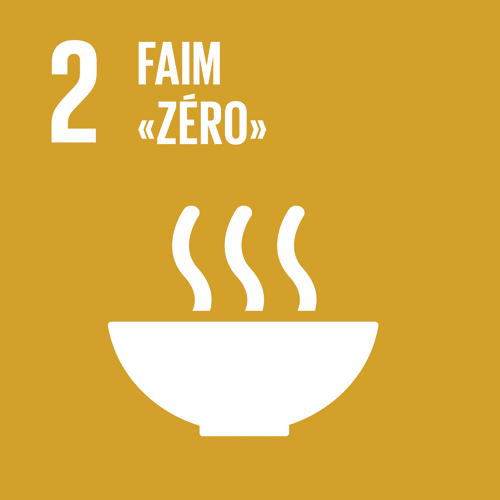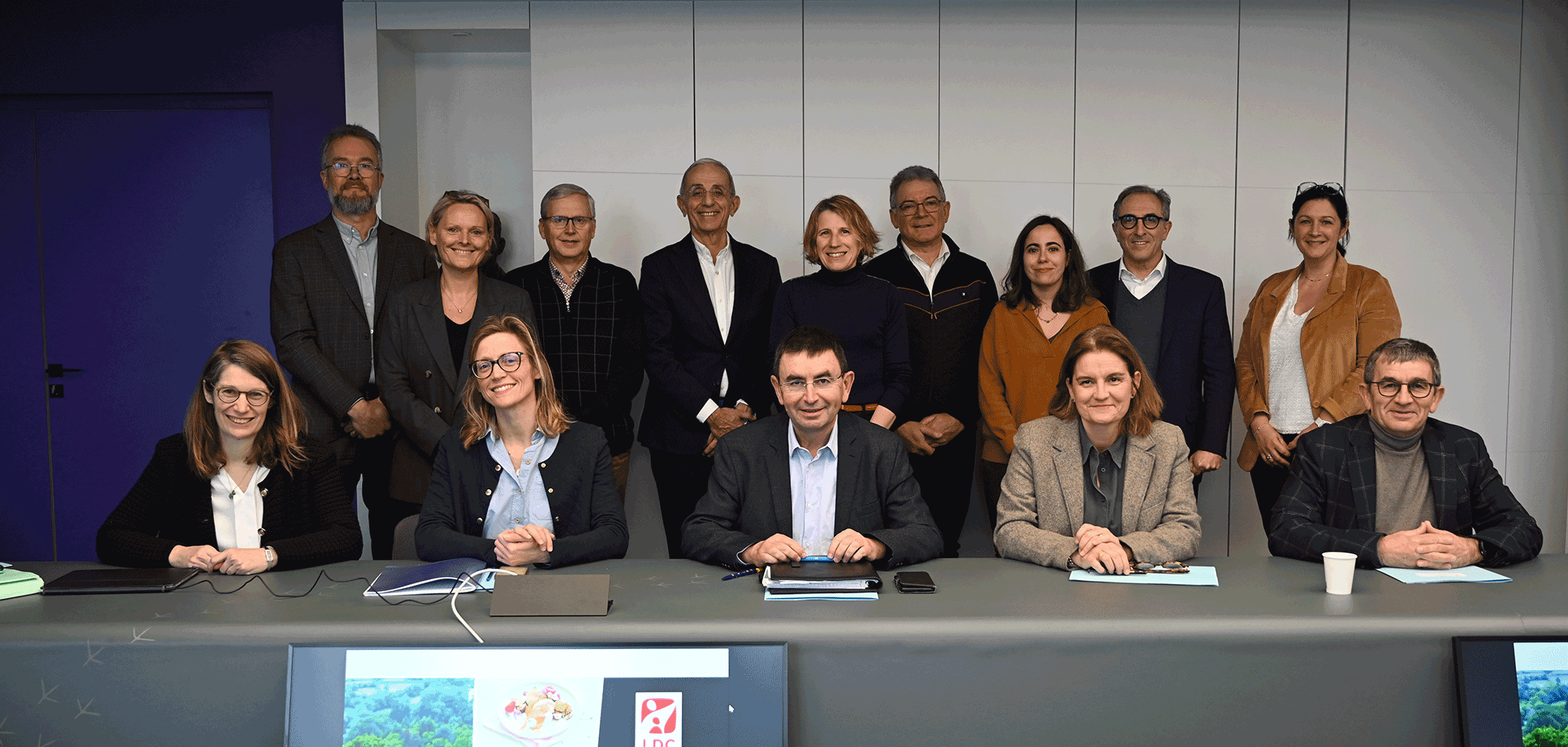-
Careers
Our job offersjobs, internships and apprenticeships
We work with our regions to promote Sustainable farming, Living and working together, Respecting nature and Providing healthy food.
Find out more about our strategy, policies, action plans and business performance indicators (progress and set objectives for 2025) for each one of these 4 commitments:
“Acting with our regions” is a program for continuous improvement by 2025 to ensure that we continue to provide the best solutions to the challenges of today (2020) and tomorrow (2025). It is based on 4 key commitments: Sustainable farming, Living and working together, Respecting the nature and Providing healthy food.
Our mission is to promote food sovereignty and to respect humankind and nature, with:
This strategy is founded on:
Each employee and each partner farmer, working in connection with our plants and our brands, strives each and every day in their region to make a positive contribution to the challenges facing wider society. Our “Acting with our regions” program guides and supports their commitment.

The Group ensures that everyone within its ecosystem, whether they be employees, farmers or partners in the industry, feels fulfilled in their contact with the group by promoting an approach that focuses on benevolence, respect, listening and performance sharing.
The main stakeholders in the Group are:
– Employees & Family shareholders. Right at the heart of our ecosystem, it is their daily work, involvement and commitment that enables the Group to exist and develop and secures its future. Almost 84% of the capital is held by associated families and employees (nearly 8,000 employee share-holders).
– Partner farmers. The poultry that they rear across our regions with passion, common sense and rigour represent 70% of the value of the Group’s purchases. Their loyalty and their attachment to the Group for more than 50 years is truly remarkable. The contractual relationship established between farmers and partner production organisations makes it possible to guarantee the producers the prices paid, business opportunities, main supplies and technical support, but also to respect the quality requirements of our brands and our customers.
– Suppliers & sub-contractors. The Group has a responsible purchasing framework for its products and services that enables it to capitalise on the activity of a very large number of committed suppliers and subcontractors.
– Customers & consumers. The Group’s projects consists of satisfying its customers’ needs in the long-term by providing them with quality, service, proximity and innovation and providing consumers with healthy food through high quality, affordable, healthy and fairly-traded products that contribute to the development of the regions.
– Civil Society and the Environment. The Group includes societal and environmental challenges in its strategy to contribute actively to finding collective solutions to these issues, whether they be social, economic or environmental (climate change, biodiversity…).

The Group is in line with the UN’s Sustainable Development Goals (SDGs).
More specifically, the Group’s strategy contributes directly to the following UN Sustainable Development Goals:

From left to right: Violaine Grison (Sofiproteol) – Laurent Guillet – Cécile Sanz – Alexandra Pelletier – Thierry Chancereul – Gilles Huttepain (Société Mancelle Huttepain) – Denis Lambert (Président) – Monique Meneuvrier – Philippe Pancher (Cafel) – Cécile Schweitzer – Stéphanie Laurent (SC Rémy Lambert) – Jean-Paul Sabet – Manuela Gourichon – Christophe Lambert
Missing from photo: Patrice Chancereul & Béatrice Bastien
Extra-financial governance is borne by the entire Group. Driven by the Supervisory Board and its operational body, the Management Committee, the CSR (Corporate Social Responsibility) strategy is relayed at all levels of the Group:
Each plant is responsible for deploying the Group’s shared foundation and its own development on the basis of its history and specific characteristics.
In its relations with its employees and with third parties, The Group LDC always intends to act with rigour and transparency, in compliance with international conventions and national laws and regulations, and taking into account local cultural contexts.
LDC applies its Ethical Principles wherever the Group is present, both in its relations with its employees and in its relations with third parties.
These Principles are mandatory for all companies overseen by LDC. At the level of each of the Group’s companies, compliance with LDC’s commitments is ensured through the implementation of appropriate procedures and tools.
The application of the Principles set out in this document is also binding on each Group employee.

The LDC Group and its managers consider integrity to be a fundamental and essential value for the sustainable development of our activities, which must be translated daily into ethical behaviour in the conduct of our business.
The strengthening of anti-corruption measures in France and around the world has led us to formalise our commitment in our Anti-Corruption Code of Conduct.
This formalisation aims to make everyone systematically aware of the risks of corruption, to reduce these risks through targeted measures and to make us all actors in this prevention.

The new European Union General Regulation on Data Protection (GDPR), which came into force on May 25, 2018, aims to better regulate the collection, processing and use of your personal data. LDC, in its capacity as data controller, reinforces its commitments to guarantee the protection and security of the personal data you entrust to it.
As such, this Privacy Policy informs you about the type of data we collect, how we process it, and for what purposes, so that we can use it in a way that best suits your needs.
Find our privacy policy here.

Pursuant to Law n°2017-399 relating to the duty of vigilance, amended by Order n°2017-1162 of 12 July 2017, LDC has set up a “vigilance plan” aimed at identifying and preventing serious breaches:
The LDC Group has carried out a mapping of the specific risks concerning food/ingredients and packaging suppliers, through the filter of the 7 themes of the ISO 26030 standard.
Risks were assessed in terms of severity, potential frequency of occurrence and/or exposure and current control within the Group.
The vigilance plan, which is reviewed annually, is available in the annual management report.
The Supervisory Board of 25 August 2016 adopted a new Market ethics code in compliance with Regulation (EU) No 596/2014 on market abuse, Directive No 2014/57 / EU on sanctions applicable to market abuse and Law no. 2016-819 of 21 June, 2016 reforming the system of repression of market abuse. The purpose of this Code is, on the one hand, to inform the group’s agents and employees (whether or not insiders) about the applicable legal and regulatory provisions in this area and, on the other hand, to put in place additional preventive measures to prevent insider trading.
